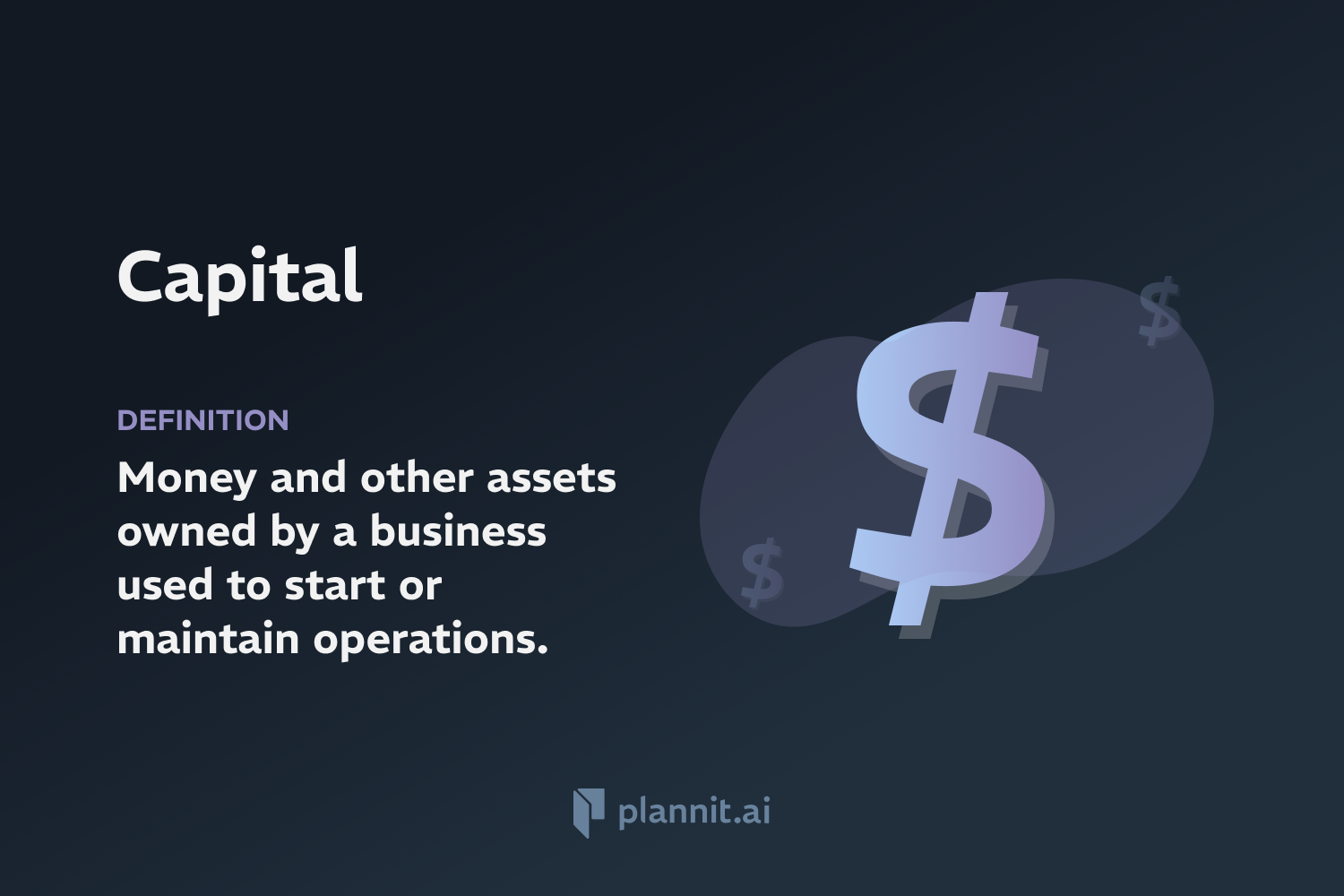Need Help With Your Business Plan?
Answer tailored questions and get a detailed business plan in minutes.
Index Fund: Definition & In-Depth Explanation
Definition:
An Index Fund is a type of mutual fund or exchange-traded fund (ETF) that aims to replicate the performance of a specific benchmark index by investing in all, or a representative sample of, the securities included in the index. The goal is not to outperform the index but to mirror its performance, thereby benefiting from the overall market movements and the diversity of the securities within the index.
Context of Use:
Index funds are used by individual and institutional investors who are interested in gaining broad market exposure or specific sector exposure without needing to select individual stocks or other securities. They are popular due to their low management fees and generally lower transaction costs compared to actively managed funds.
Purpose:
The purpose of an index fund is to provide investors with a passive investment option that offers returns that are reflective of the market or a specific segment of the market. This is based on the investment principle that it is difficult to consistently outperform the market through active management.
Example:
S&P 500 Index Fund: This type of fund invests in the 500 large companies listed on stock exchanges in the United States and aims to replicate the performance of the S&P 500 Index.
Related Terms:
Benchmark Index: A standard against which the performance of a security, mutual fund, or investment manager can be measured.
Passive Management: An investment strategy where a fund's portfolio mirrors a market index.
ETF (Exchange-Traded Fund): Investment funds traded on stock exchanges, much like stocks, which hold assets such as stocks, commodities, or bonds.
FAQs:
1. What are the advantages of investing in an index fund?
A: Advantages include lower fees and expenses, broad market exposure, diversification of investment, and lower turnover rates, which can lead to fewer capital gains taxes for investors.
2. What happens if you don't beat the index fund?
A: Not beating the index fund typically means that an investor's or an actively managed fund's returns are less than those of the index fund. This could indicate that the extra costs associated with active management did not translate into better performance, highlighting the challenge and unpredictability of trying to outperform the market.
3. How does an index fund differ from an actively managed fund?
A: Unlike actively managed funds, where managers make specific investment decisions in an attempt to outperform a benchmark index, index funds aim to replicate and track the performance of a specific index with no attempt at outperforming it.
4. What fees are associated with index funds?
A: Index funds typically have lower expense ratios than actively managed funds because they involve less active decision-making and lower turnover, which reduces transaction costs.
5. Can index funds lose money?
A: Yes, like any investment, index funds can lose money if the index they track declines in value. However, they are generally considered lower risk compared to individual stocks due to their diversification.
Get funding with a business plan that will impress investors.
Starting a New Business?



